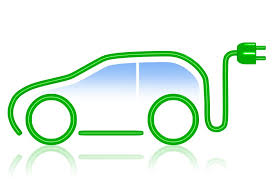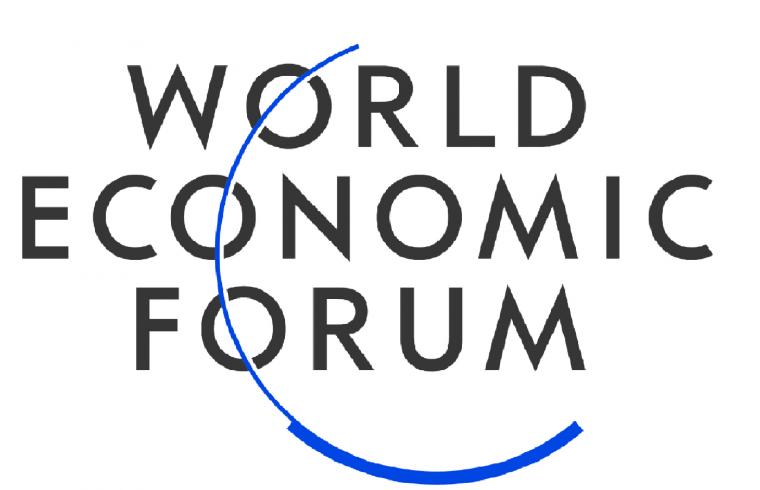Electric mobility holds tremendous promise for India, a global big four producer, to curb pollution and reduce reliance on fossil fuel.
· New analysis finds 10 states and union territories (UT) are leading the way in building production, infrastructure and services to increase the momentum of electric vehicle (EV) usage in India.
· Adoption has been slow and will require government support to accelerate deployment.
· Read the report and learn more about the 2019 India Economic Summit here.
Following a strong central government push towards EVs, India has the potential to become one of the largest EV markets in the world.
New analysis released today by the World Economic Forum and the Ola Mobility Institute shows there are 10 states and UTs that are building momentum for EV usage in three sectors: manufacturing, infrastructure and services. Given India’s role as part of the global big four automotive players (alongside China, Japan and the United States), large-scale changes to the Indian market would affect the industry’s global footprint.

The report, EV Ready India – Part 1: Value Chain Analysis of State EV Policies, examines programmes and policies in Andhra Pradesh, Bihar, Delhi, Karnataka, Kerala, Maharashtra, Tamil Nadu, Telangana, Uttarakhand and Uttar Pradesh. It highlights the opportunities for the sector and builds a common framework for analysing state EV policies through trend analysis of value chains.
“With many more states in the process of designing their EV policies, policy-makers, businesses and practitioners alike can use this framework to analyse state policies for sustainability and longevity,” said Christoph Wolff, Head of Mobility, World Economic Forum. “The role of government is crucial for accelerating adoption. Right now, the uptake of electric vehicles is slow due to the high upfront cost and range anxiety, but long-term investment in R&D will create sustained growth.”
“India has taken up an ambitious target to become a $5 trillion economy by 2025,” said Anand Shah, Head, Ola Mobility Institute. “the country has placed equal importance on growth that is environmentally sustainable. Mobility holds significant promise for India to enable low-carbon solutions. OMI, in partnership with the World Economic Forum, intends for this framework to support the country’s readiness to go electric.”
While the approaches vary among these states and UTs, the report highlights three emerging trends. The first is that most states aspire to be manufacturing hubs for EV and EV components. Production of clean-fuel batteries, recycling and storage are wholly incentivized. This aligns with the national Make in India agenda and can provide case studies for how to roll out similar production facilities. For example, the Uttar Pradesh and Maharashtra EV policies emphasize promoting EV manufacturing.
The second trend, infrastructure development, was largely a response to anxiety about the range of EVs: i.e. most states have provisions for installations of charging infrastructure in public and private places. Uttar Pradesh is targeting 2 lakh charging stations by 2024 while Andhra Pradesh is targeting 100% electrification of buses by 2029.
The third trend is an emphasis on the services the EV value chain can provide through public awareness. These include skilling programmes in Tamil Nadu, fiscal incentives in Maharashtra and non-fiscal incentives like retrofit services in Telangana. These are all examples of how states and territories try to connect consumers and manufacturers.
Next steps
Fuelled by the national agenda of electrification and bolstered by government-led initiatives, the public and private sectors alike have commenced their respective and joint transitions to electric mobility. But, the uptake of EVs has been slow reflecting their high upfront and lifecycle costs. To overcome these challenges, funding is required for research centres and centres of excellence, which in turn, would boost overall R&D in the sector and subsequently manufacturing. Reflecting the nascent nature of the market, government backing and direction is crucial for accelerating adoption and deployment of electric mobility. “For a price-sensitive market like India, developing incentives for electric (clean) kilometres run versus electric vehicles purchased makes economic sense and is suggested to be the guiding principle for the national strategy,” Wolff said.
The World Economic Forum’s 33rd India Economic Summit is taking place in New Delhi from 3-4 October under the theme Innovating for India: Strengthening South Asia, Impacting the World. The two-day meeting will convene more than 800 leaders from government, the private sector, academia and civil society with the aim of accelerating the adoption throughout South Asia of Fourth Industrial Revolution technologies and making the most of the region’s distinctive demographic dividends.












